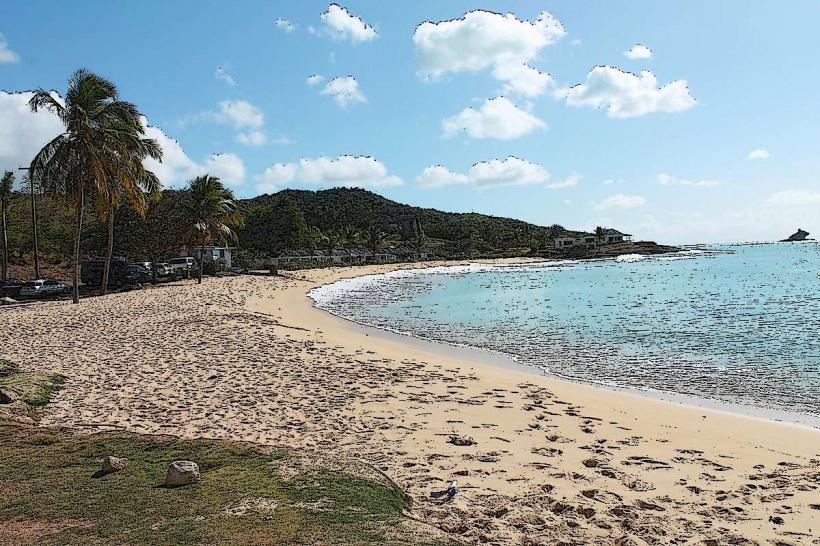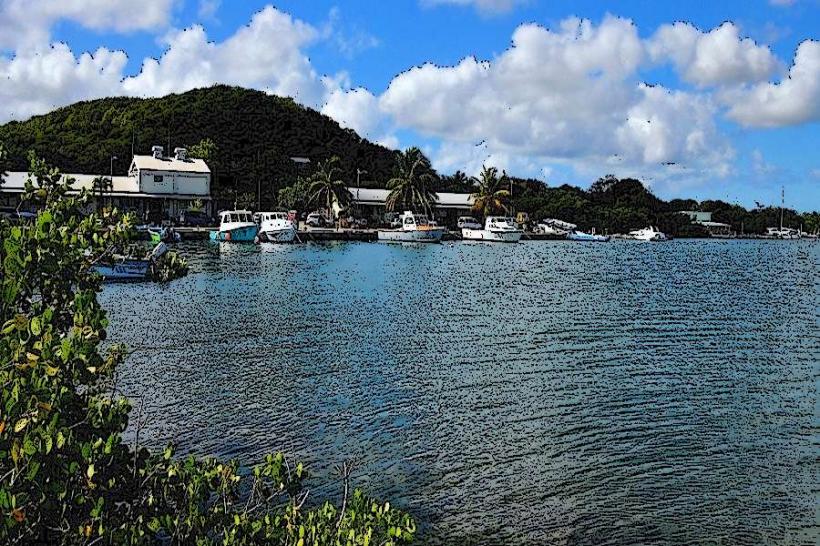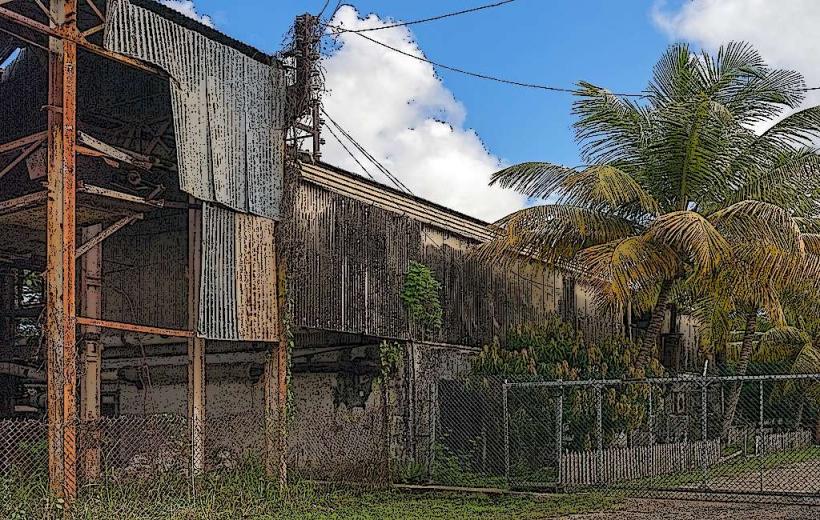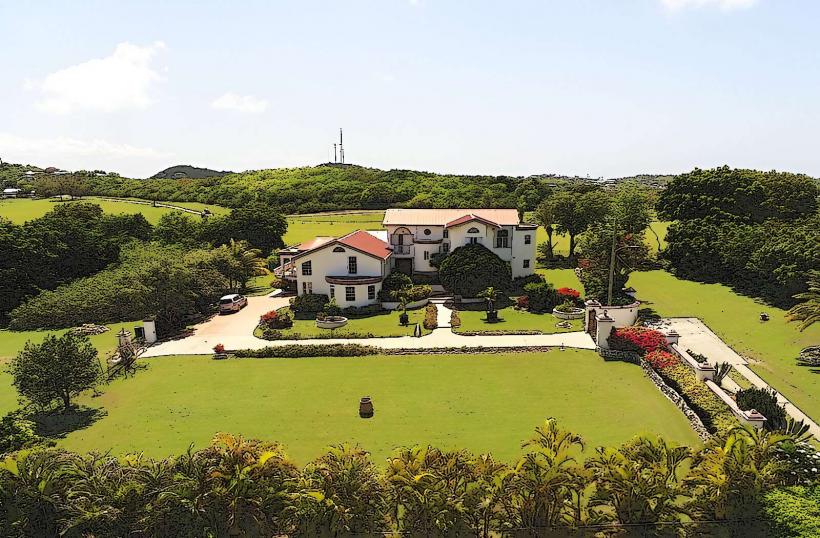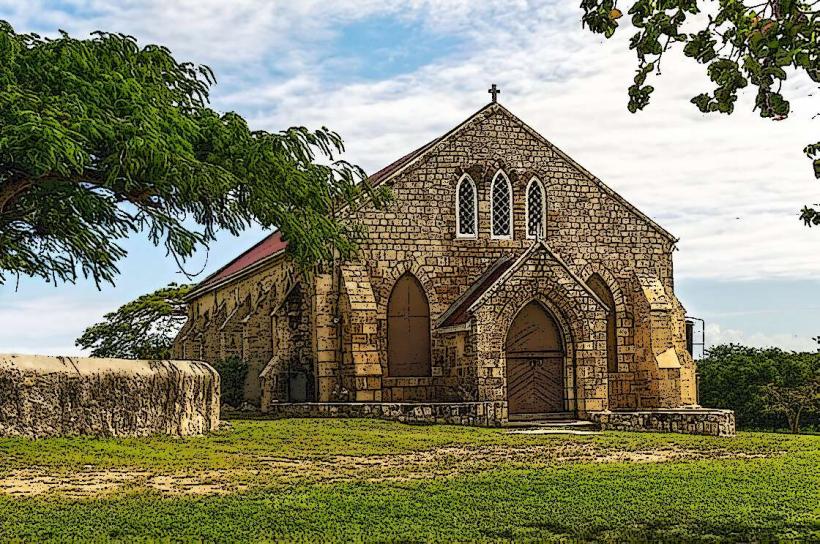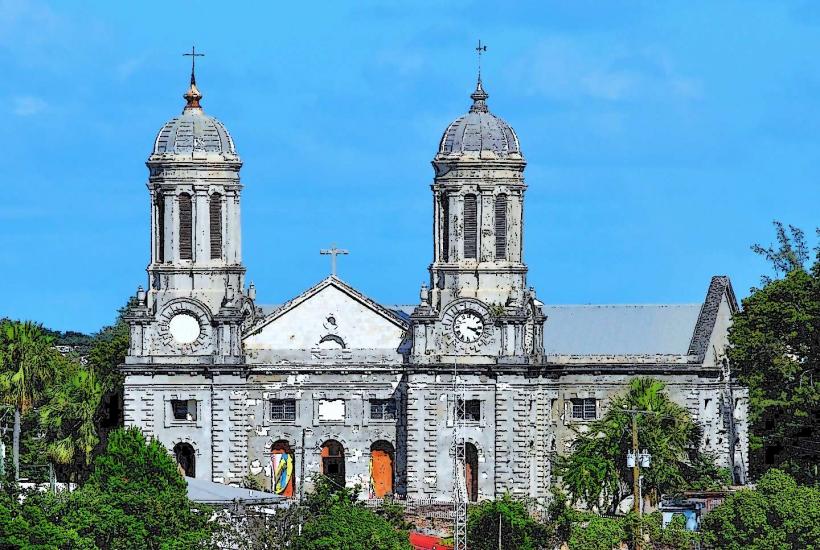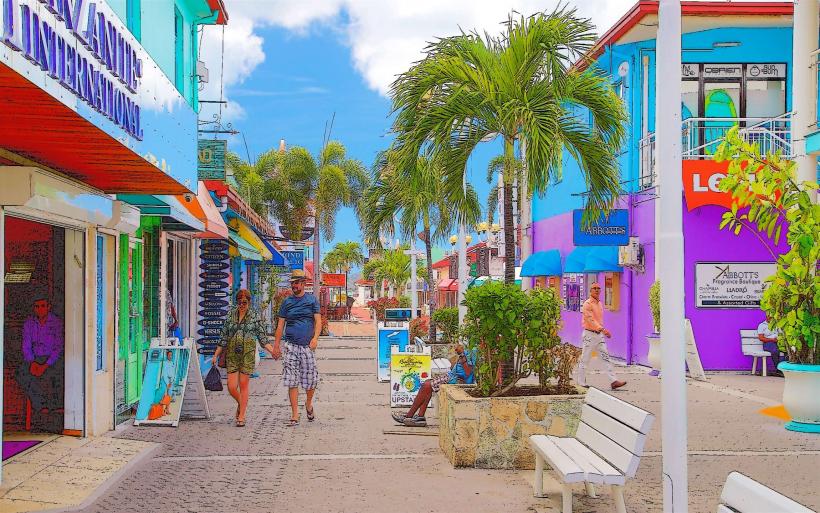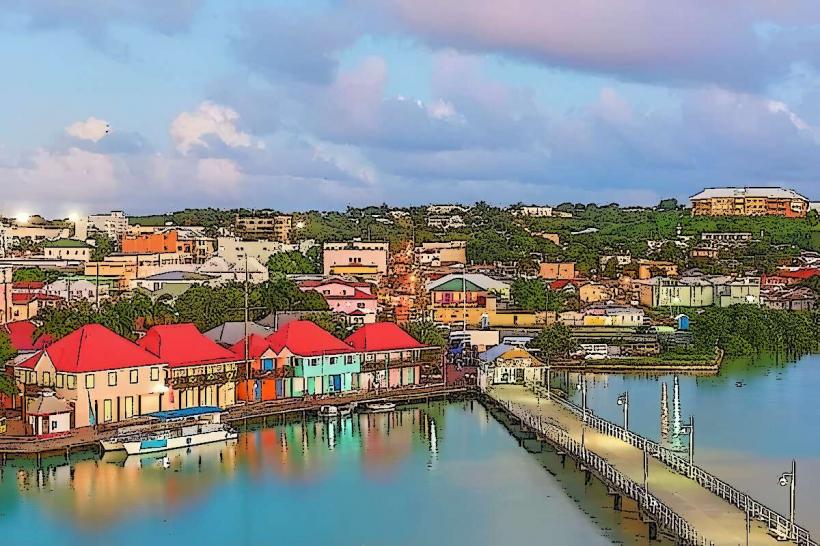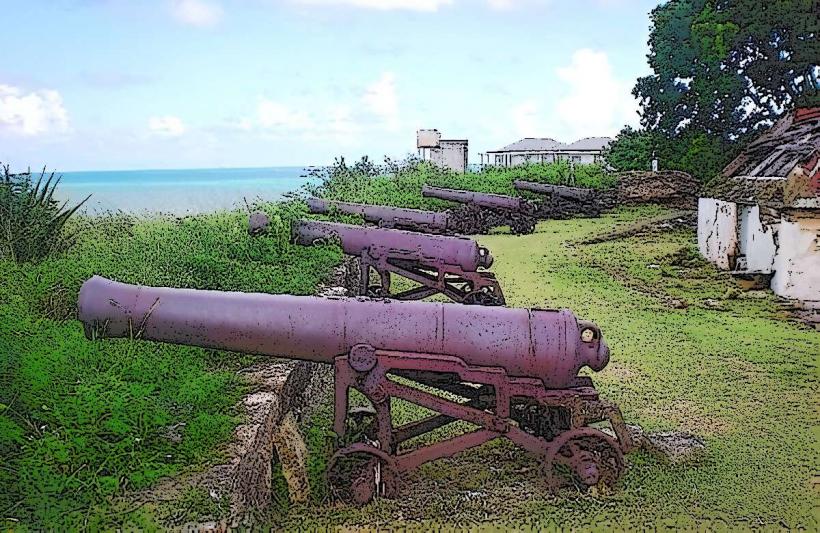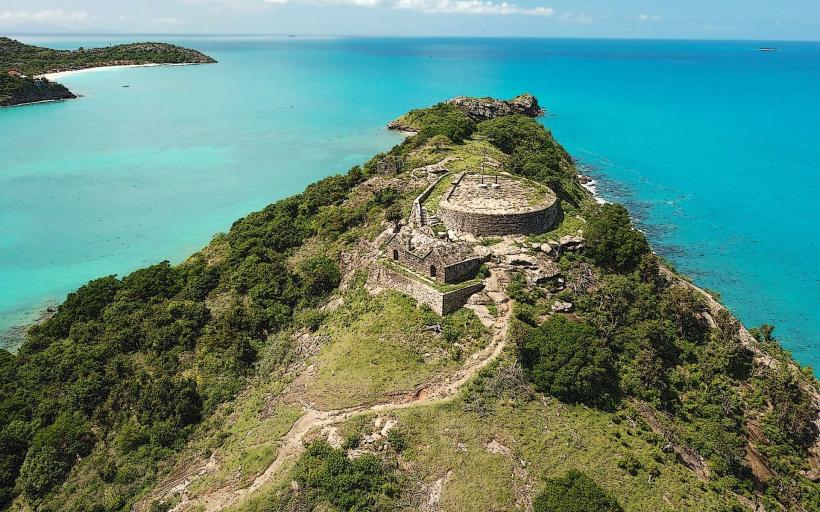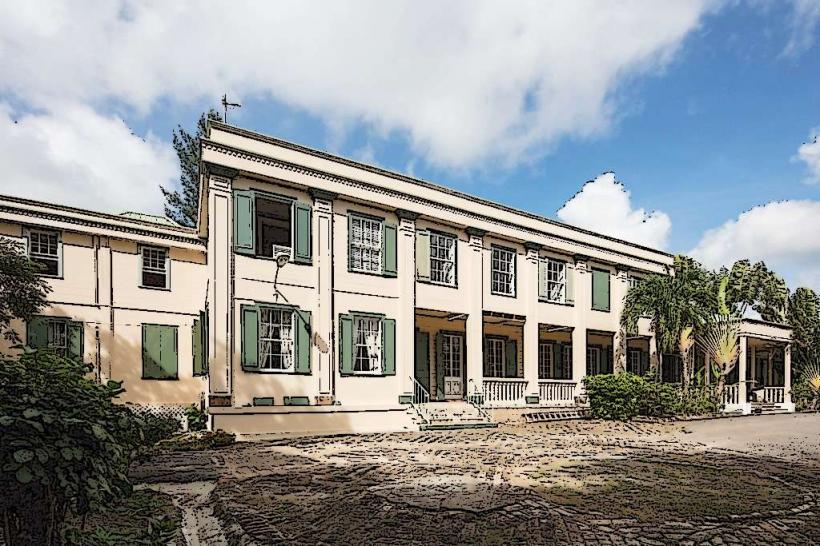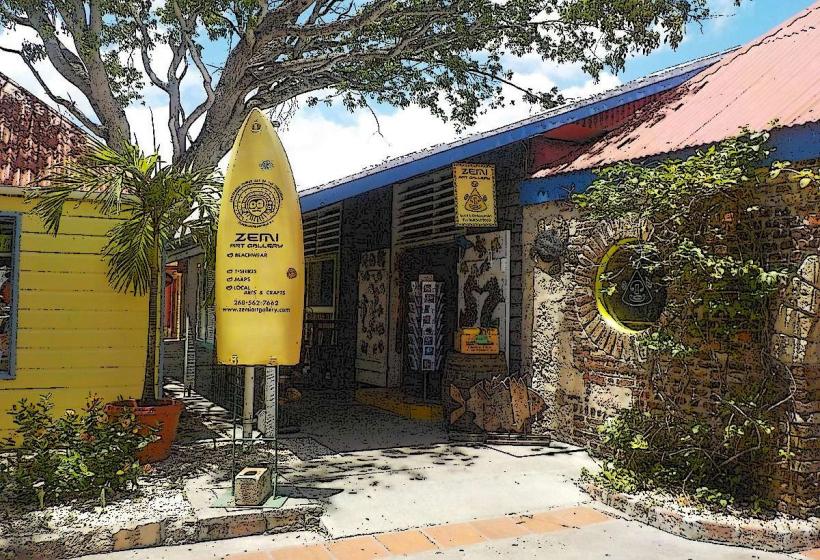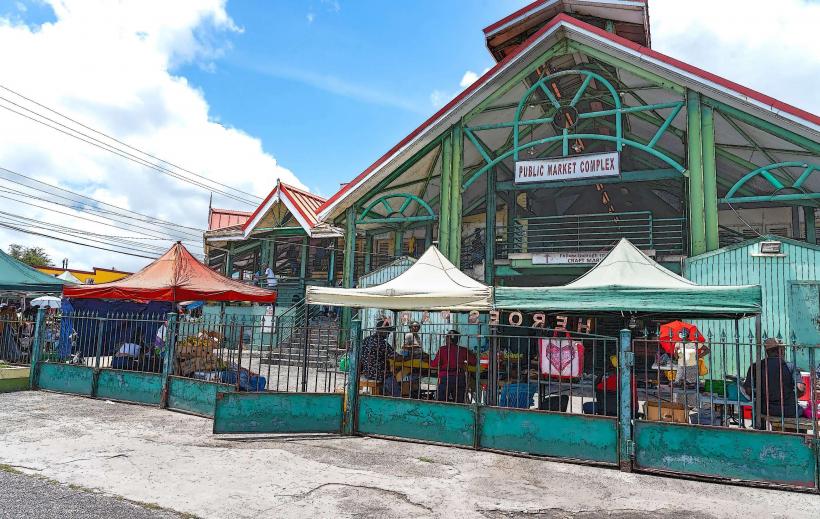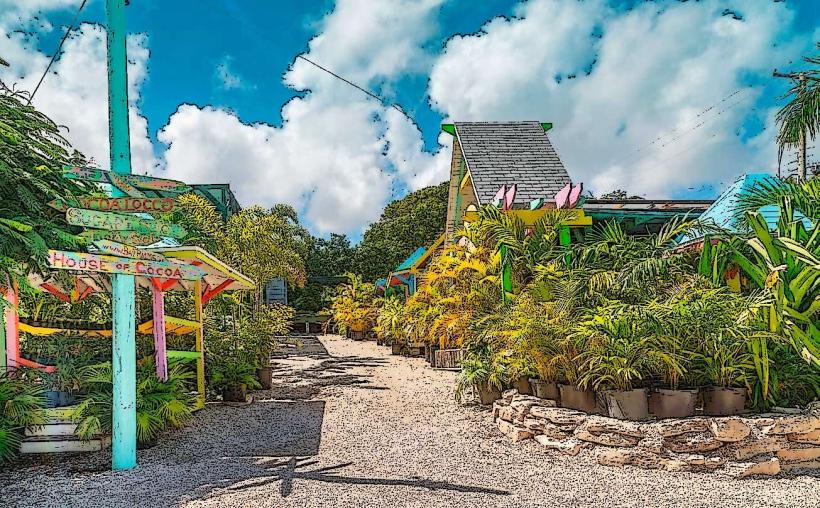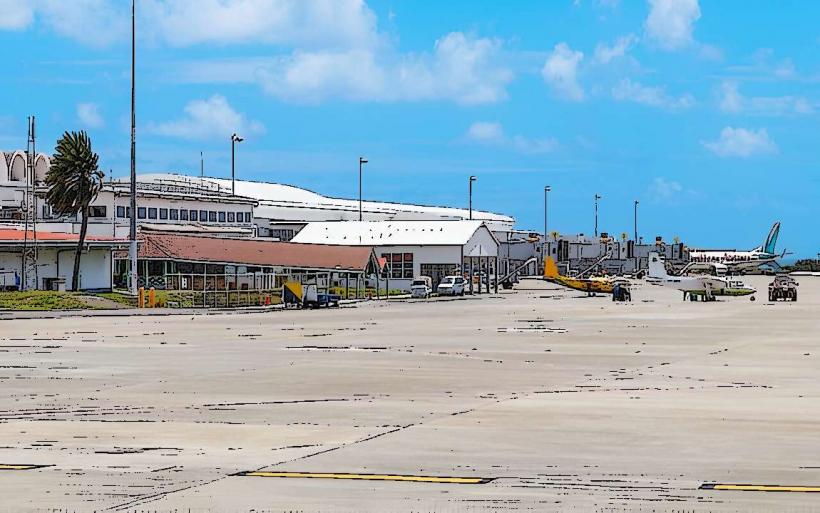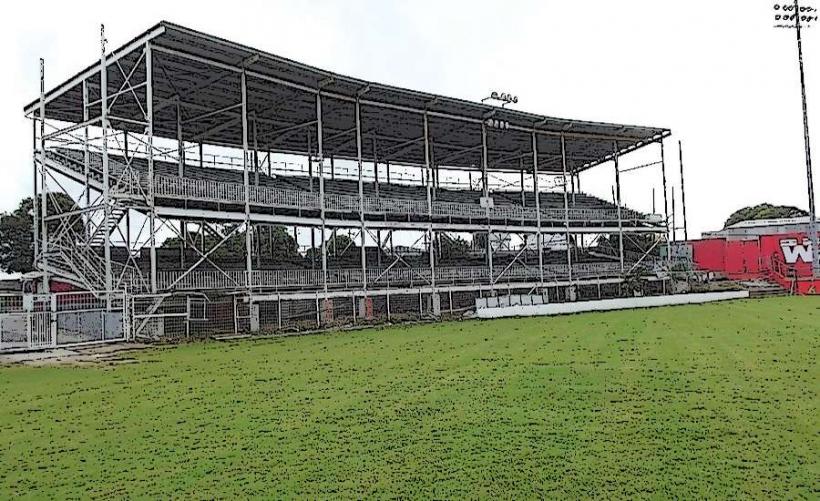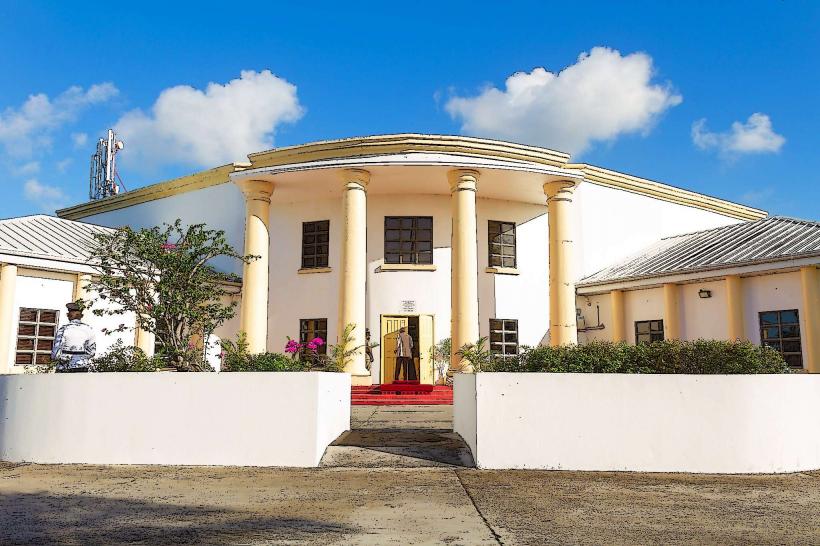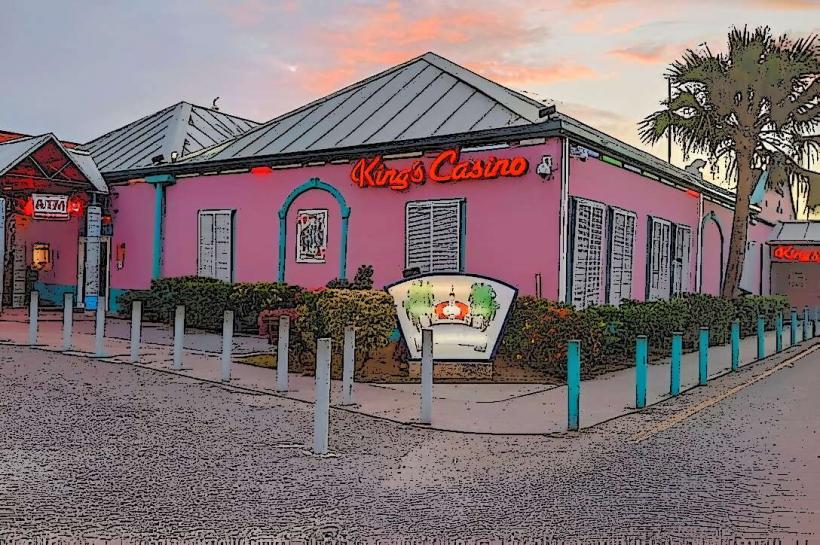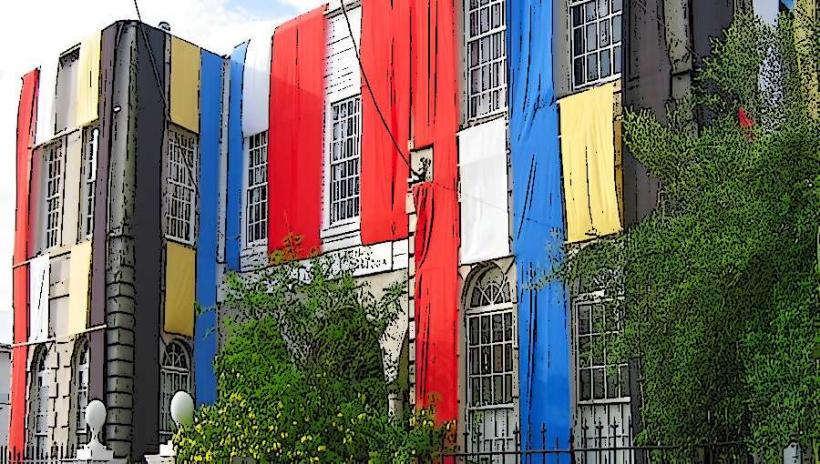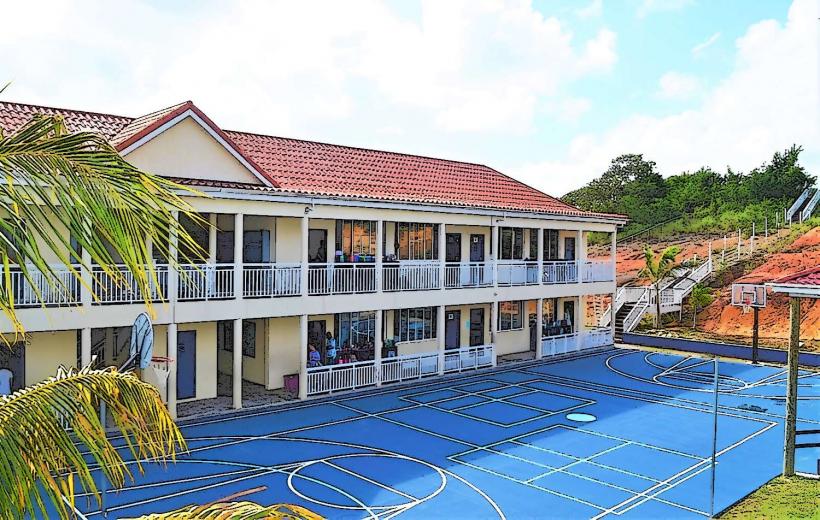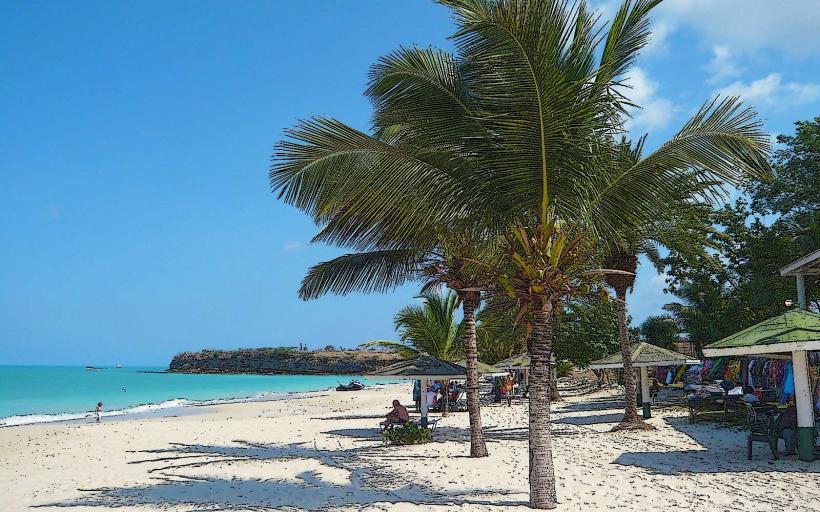Information
Landmark: Museum of Antigua and BarbudaCity: St Johns
Country: Antigua and Barbuda
Continent: North America
Museum of Antigua and Barbuda, St Johns, Antigua and Barbuda, North America
The Museum of Antigua and Barbuda is located in St. John's, Antigua and Barbuda. It houses artifacts and exhibits detailing the history and culture of the islands.
Visual Characteristics
The museum is situated within the Old Court House, a two-story colonial-era building constructed from coral stone. The structure features a red-tiled roof, white-painted window frames, and arched doorways. Its architectural style is characteristic of British colonial administration buildings of the 18th century.
Location & Access Logistics
The museum is located in the center of St. John's, approximately 0.2km inland from the cruise ship port. It is accessible by foot from the waterfront. Limited street parking is available in the vicinity, with the main public parking lot located 0.3km East on Independence Avenue. Public bus routes serving St. John's stop within a 0.1km radius of the museum.
Historical & Ecological Origin
The building that houses the museum was originally constructed in 1747 as the Royal Customs House. It later served as the island's courthouse. The museum itself was established in 1976 to preserve and display the heritage of Antigua and Barbuda.
Key Highlights & Activities
Exhibits include displays on the island's indigenous Kalinago heritage, colonial history, the sugar industry, and natural history. Visitors can view archaeological finds, historical documents, and artifacts related to maritime history. The museum offers a chronological overview of the islands' development.
Infrastructure & Amenities
Restrooms are available on-site. Limited seating is provided within the exhibition areas. Cell phone signal (4G/5G) is generally good within the building. No food vendors are located directly at the museum, but numerous options exist within a 0.1km radius in downtown St. John's.
Best Time to Visit
The museum is best visited during daylight hours, from opening until 15:00, to benefit from natural light illuminating the exhibits. The months of December through April offer the most favorable weather conditions with lower humidity and less rainfall.
Facts & Legends
A notable artifact displayed is a fossilized whale skeleton discovered on Barbuda. Local lore suggests that the building has occasionally been used for clandestine meetings during periods of political unrest in the island's past.
Nearby Landmarks
- St. John's Cathedral (0.1km North)
- Market Square (0.2km East)
- Museum of Antigua and Barbuda (0.3km West - referring to the building itself)
- Government House (0.5km Northwest)
- Redcliffe Quay (0.4km Southwest)

